View all filters
Clear
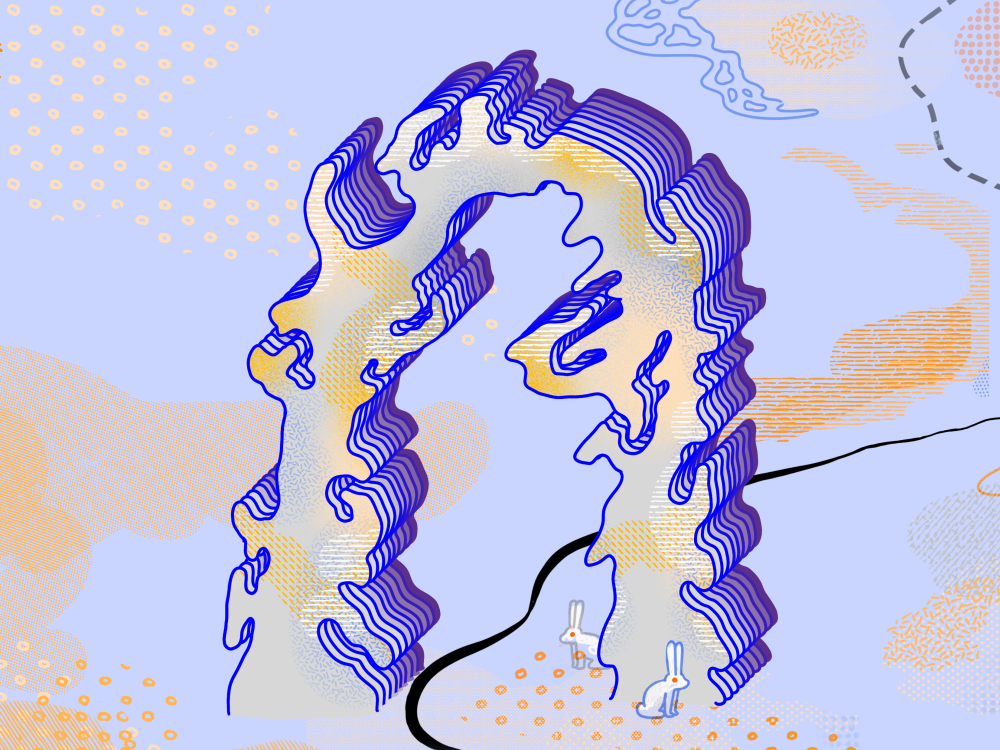
Through the Rabbit Holes
Wander into magical realms and fantastical worlds where reality is constantly redefined or questioned
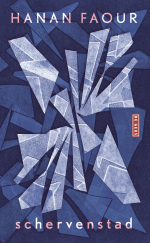
ciudad fragmentada
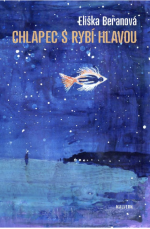
De jongen met het vissenhoofd
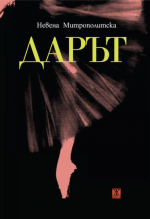
El regalo
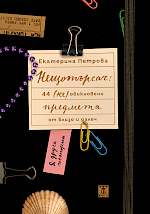
Нещотърсач: 44 (не)обикновени предмета от близо и далеч
Както подсказва подзаглавието ѝ, книгата Нещотърсач съдържа истории за 44 предмета от близо и далеч. Любопитната и разнообразна селекция, подредена тематично, включва изненадващи находки от целия свят: ботуши от Бутан, тротоарни плочки от Барселона по дизайн на Гауди, чаши за вино от Страната на баските, брошка с формата на сърце от Сараево, еспадрили от Пиренеите, скарабеи от Древен Египет, кутия с боклук от Ню Йорк, парче оранжев плат от “Плаващите кейове” в езерото Изео, словенски звънящ змей, карта на Източен Берлин и много други. Разказвайки историите на конкретните предмети, Екатерина Петрова всъщност разказва и за местата, откъдето те произлизат – Кюстендорф и Катманду, Любляна и Луизиана, Белведере и Билбао, Селчук и Сентръл парк – като същевременно ги поставя в по-широк езиков, културен, исторически, антропологичен или географски контекст. Находчива смесица между пътеписи, есета и разкази, текстовете са внимателно проучени и подплатени с любопитни факти, но пречупени през субективния поглед на авторката, както и личната ѝ биография на пътешественик, преводач и нещотърсач. Художествено претворено през естетското око на Люба Халева, една от най-забележителните съвременни български илюстраторки, оформлението на книгата чудесно и с чувство за хумор улавя духа и настроението на историите. По този начин самата книга също се превръща в красив, носещ удоволствие и радост предмет – за четене и препрочитане, за притежаване и подаряване.
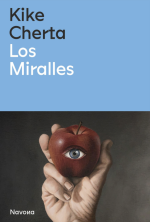
Семейство Миралес
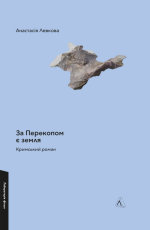
C'era una volta in Crimea
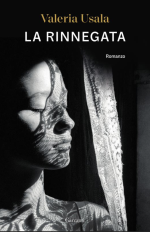
Отхвърлената

місто з уламків скла / розбите місто
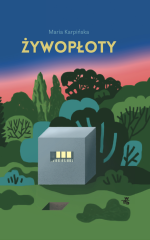
Garduri vii
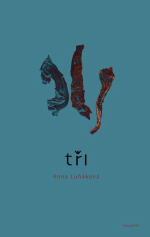
¡Tres!
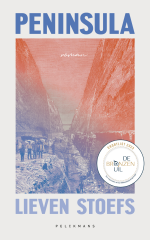
Коридор (Poluostrvo)

I Miralles
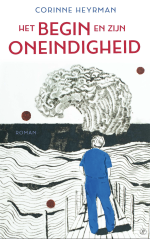
Het begin en zijn oneindigheid
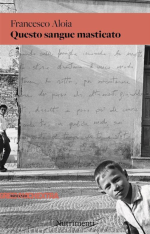
Ta przeżuta krew

Začetek in njegova neskončnost
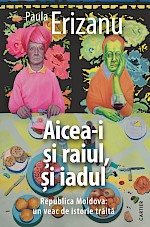
Uy, nenas (It’s Both Heaven and Hell Here. Moldova: a Century of Lived History)

De Heggen

Початок та його безкінечність
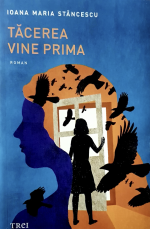
Najpierw przychodzi milczeni
